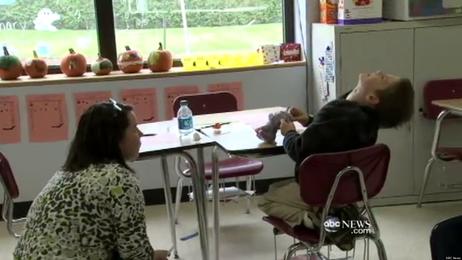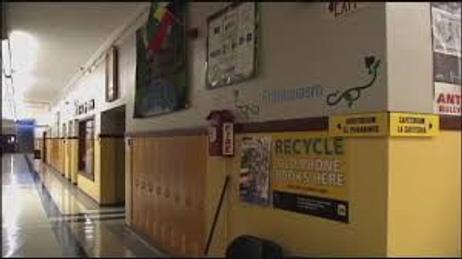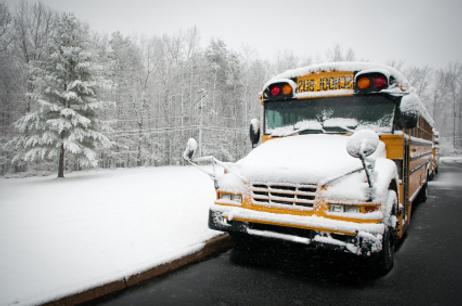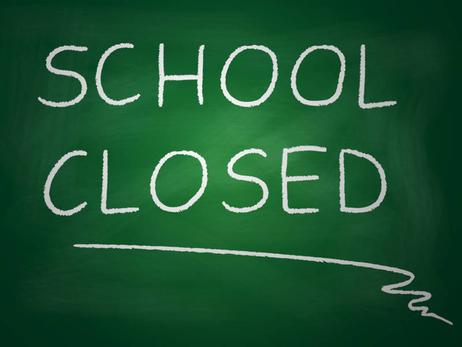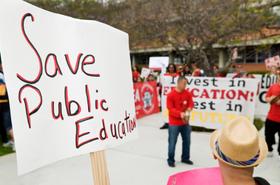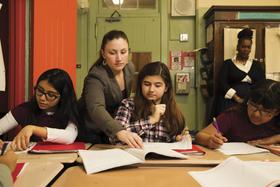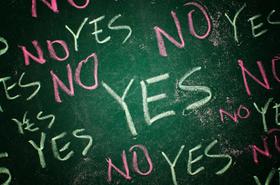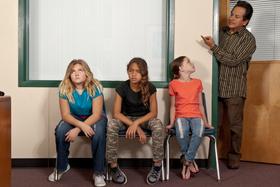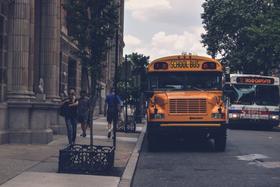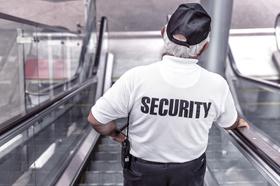Despite our modern approach to education, physical discipline is still being used in public school classrooms in America. Parents nationwide are expressing concern over the use of seclusion and restraint in public school classrooms. A report from the U.S. Government Accountability Office, released in May 2009, revealed that between 1990 and 2009, there had been “hundreds of allegations” of abuse involving restraint or seclusion, according to USA Today. In Texas and California alone, a combined 33,095 students were secluded or restrained in the school year leading up to the report’s issuance.
Restraint Practices
The restraint practices described in the May 2009 report could sometimes verge on what could be called child abuse. Restraint practices are commonly used to deal with students who have behavioral or emotional problems.
In one New York school, a 9-year-old with learning disabilities was confined to a “small, dirty room” 75 times over the course of six months as a consequence of his “whistling, slouching, and hand-waving,” reports the USA Today. Meanwhile, in Texas, a 14-year-old boy who would not stay seated in his special-education classroom died when his teacher restrained him by lying on top of him.
This video looks at the issue of restraint and seclusion.
Lack of Regulation
According to concerned parents, there is a lack of federal and state regulations addressing seclusion and restraint practices in public schools. In May 2009, USA

